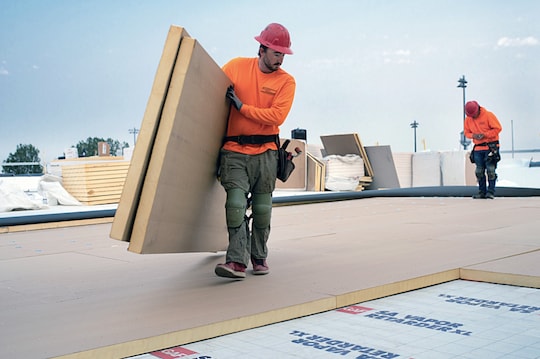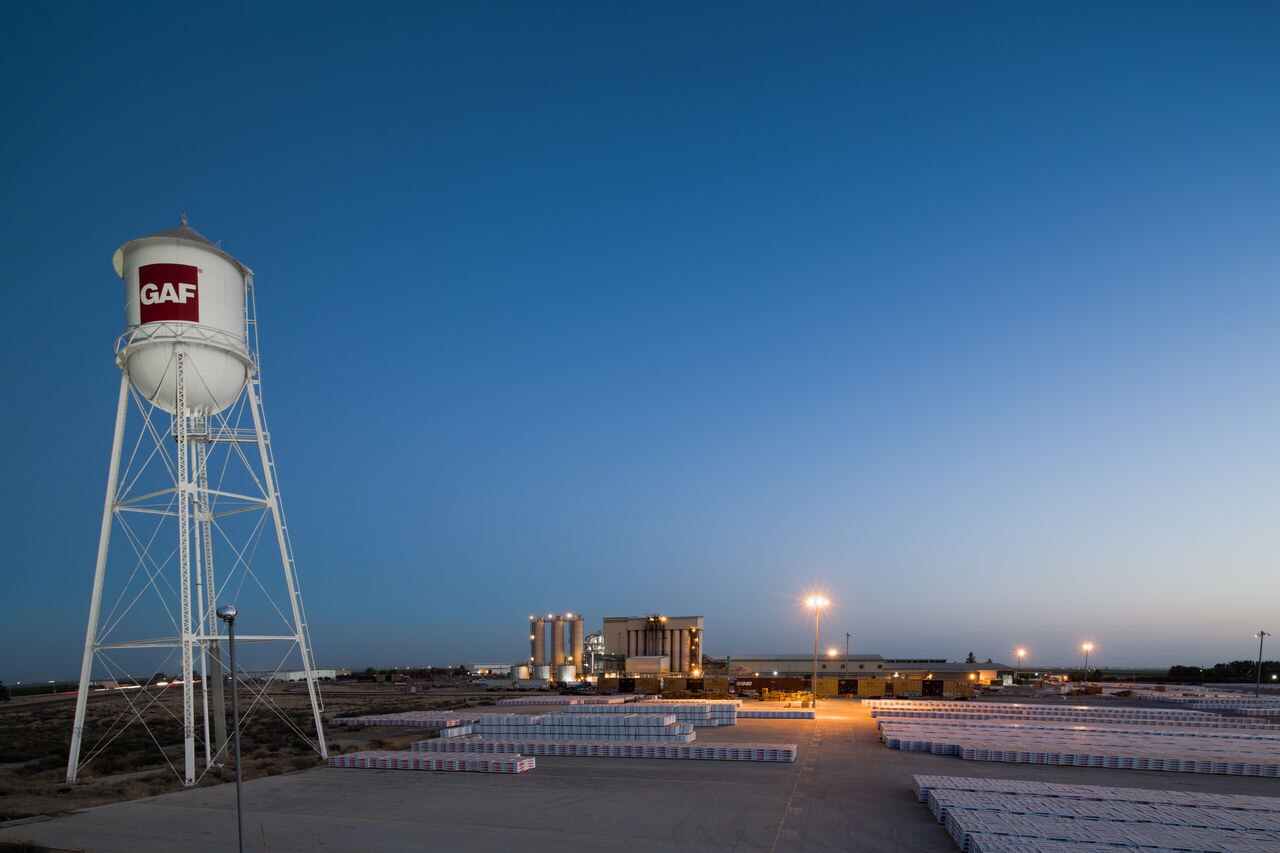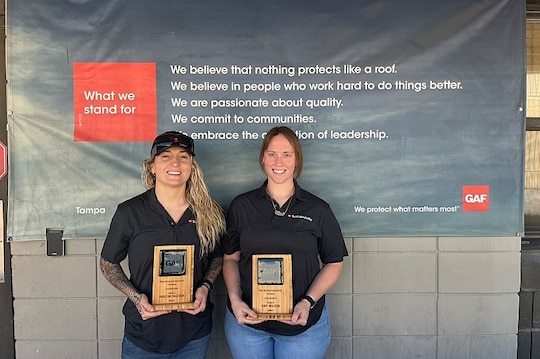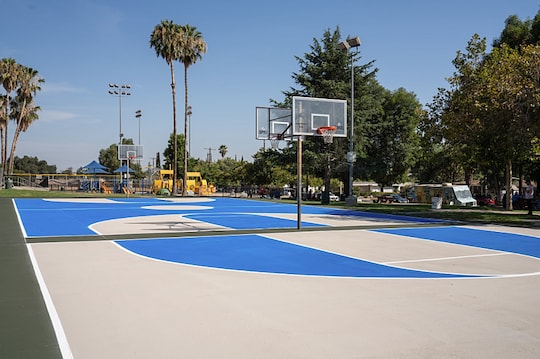
At GAF, we're serious about our sustainability promise: to protect what matters most, including our people, our communities, and our planet. We recently published 21 new GAF product-specific Environmental Product Declarations (EPDs) as one way we're delivering on that promise.
EPDs are critical to improving green building solutions. These standardized and third-party-verified documents outline the environmental impacts associated with a building product's life cycle—from raw material extraction to end-of-life disposal or reuse. Through the EPD creation process, we have been advancing on our sustainability goals, demonstrating our commitment to the environment and our customers, and increasing product sustainability in the roofing industry.
Here's a look at our most recent progress and what's expected to come.
GAF Sustainability Goals
The 21 new EPDs are an exciting milestone toward our GAF 2030 Planet Goals, which have four focus areas: increase product transparency, reduce carbon emissions, drive circularity in the roofing sector, and divert operational waste. By 2030, we plan to publish EPDs for our entire commercial and residential core product portfolio. As we've scaled the GAF EPD creation process, through extensive life cycle assessments across our portfolio, we better understand the environmental impact of each stage in our products' life cycles. This opens up internal and external sustainability opportunities as we learn from, and analyze, our life cycle assessment results.
Evolving to Product-Specific Environmental Product Declarations
Roofing has long relied on industry-wide EPDs created from aggregate product data. As a result, our architecture, engineering, and construction (AEC) community members have had fewer opportunities to make informed sustainability choices around roofing materials.
According to several sources, the built environment accounts for 39% of global energy-related carbon emissions worldwide. Collectively, we as a roofing industry could help reduce this number by increasing our transparency documentation. With more product-specific Environmental Product Declarations, companies and customers can make more informed product sustainability decisions.
And although GAF currently has the highest overall number of transparency documents for roofing materials in the industry, we know we also have an opportunity to grow.
GAF Uses Life Cycle Assessments to Improve
We review product Life Cycle Assessments (LCAs) to understand the environmental impact of each product's production stages, from raw material extraction to end-of-life. Then, we can use that information to identify areas of improvement and make informed decisions to reduce a product's environmental impact, resulting in a reduction in embodied carbon. The knowledge we gain from our LCAs creates the potential for product improvements and new innovations to help further our 2030 Planet Goals.
Looking Toward 2030 and Beyond
We're working hard to continue leading the industry with transparency documentation such as EPDs, Health Product Declarations, and Declare Labels. But we're not stopping there.
We're fostering collaboration in our broader building, construction, and design space to help reduce the built environment's total carbon emissions. At GAF, sustainability isn't checking a box. We believe in and champion protecting our homes and our planet. By changing how we do business, we hope to improve how builders can build and, ultimately, how our world lives.
Empowering the AEC Community
Transparency and product sustainability documentation help us all build a better world. We're committed to empowering designers, builders, architects, and engineers by providing information about the lifecycle and environmental impact of GAF products whenever possible.
Explore some of our most recent EPDs below.
Polyiso Insulation
- EnergyGuard™ Barrier. Polyiso Insulation
- EnergyGuard™ HD and HD Barrier Polyiso Cover Board
- EnergyGuard™ HD Plus Polyiso Cover Board
- EnergyGuard™ NH Barrier Polyiso Insulation
- EnergyGuard™ NH HD Plus Polyiso Cover Board
- EnergyGuard™ NH HD Polyiso Cover Board
- EnergyGuard™ NH Polyiso Insulation
- EnergyGuard™ NH Ultra Polyiso Insulation
- EnergyGuard™ NH Ultra Tapered Polyiso Insulation
- EnergyGuard™ Polyiso Insulation
- EnergyGuard™ Ultra Polyiso Insulation
- Ultra HD Composite Insulation
TPO Single-Ply Membrane
- EverGuard® TPO Extreme Fleece-back
- EverGuard® TPO Extreme
- EverGuard® TPO
- EverGuard® TPO Fleece-back
- EverGuard® SA TPO Self-Adhered Roof Membrane
PVC
Roof Coatings
Looking to explore more sustainable design solutions? You can learn how GAF is investing in our people, our planet, and progress for a more sustainable future, here.



